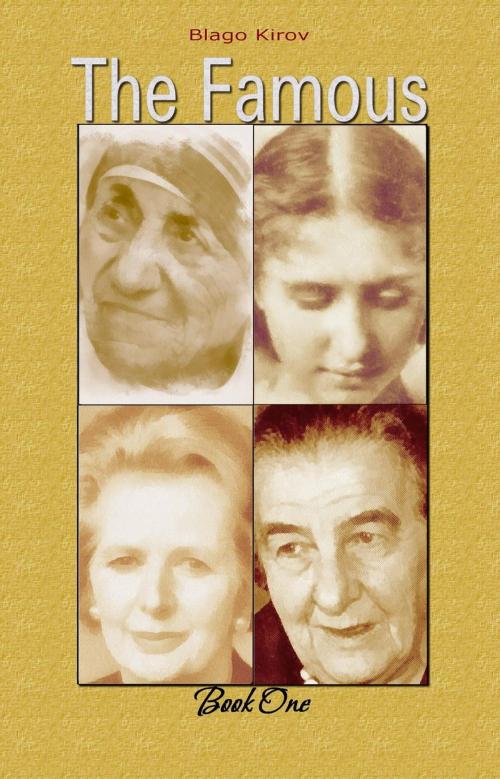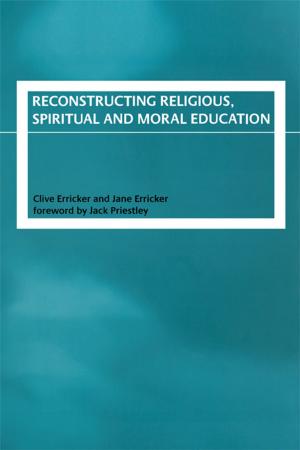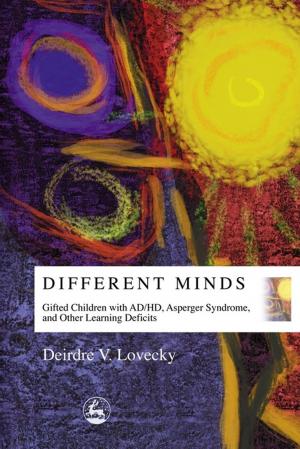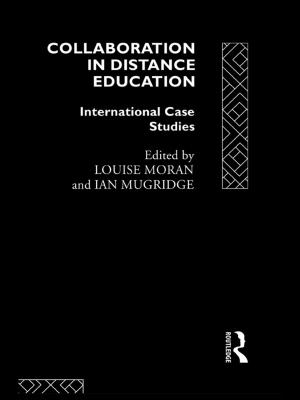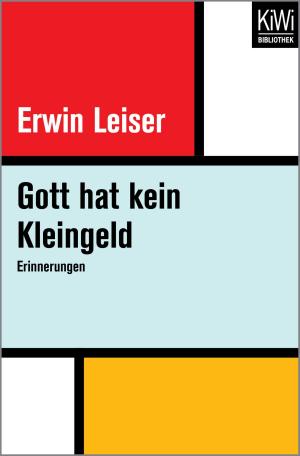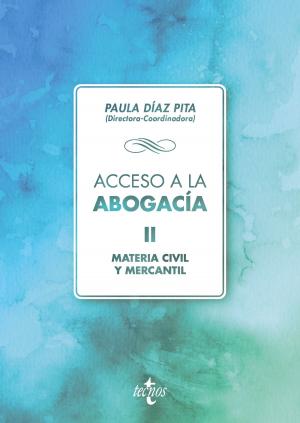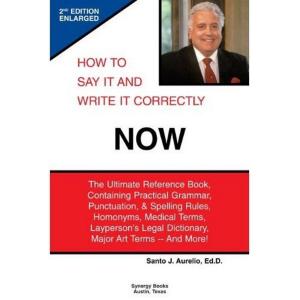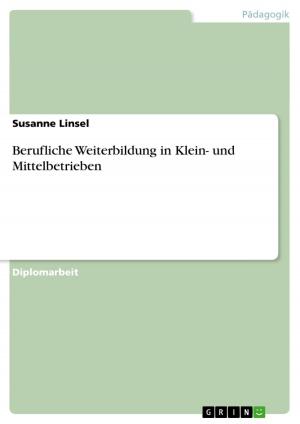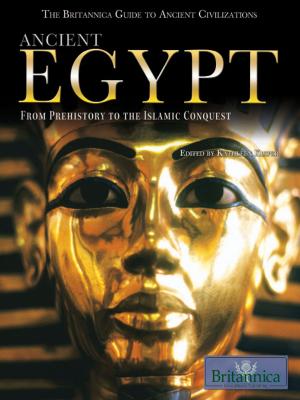| Author: | Blago Kirov | ISBN: | 9781501440861 |
| Publisher: | Icon-m | Publication: | November 30, 2014 |
| Imprint: | Language: | English |
| Author: | Blago Kirov |
| ISBN: | 9781501440861 |
| Publisher: | Icon-m |
| Publication: | November 30, 2014 |
| Imprint: | |
| Language: | English |
This book is about four great women: Mother Teresa, Helen Keller, Margaret Thatcher and Golda Meir.
Mother Teresa (1910 –1997), was a Roman Catholic Religious Sister and missionary who lived most of her life in India. She was born in today's Macedonia, with her family being of Albanian descent originating in Kosovo. Mother Teresa founded the Missionaries of Charity, a Roman Catholic religious congregation, which in 2012 consisted of over 4,500 sisters and is active in 133 countries. They run hospices and homes for people with HIV/AIDS, leprosy and tuberculosis; soup kitchens; dispensaries and mobile clinics; children's and family counselling programmes; orphanages; and schools. Members of the institute must adhere to the vows of chastity, poverty and obedience, and the fourth vow, to give "wholehearted free service to the poorest of the poor". Mother Teresa was the recipient of numerous honours including the 1979 Nobel Peace Prize. In 2003, she was beatified as "Blessed Teresa of Calcutta".
Helen Adams Keller (1880 – 1968) was an American author, political activist, and lecturer. She was the first deafblind person to earn a Bachelor of Arts degree. The story of how Keller's teacher, Anne Sullivan, broke through the isolation imposed by a near complete lack of language, allowing the girl to blossom as she learned to communicate, has become widely known through the dramatic depictions of the play and film The Miracle Worker. A prolific author, Keller was well-traveled and outspoken in her convictions. A member of the Socialist Party of America and the Industrial Workers of the World, she campaigned for women's suffrage, labor rights, socialism, and other radical left causes. She was inducted into the Alabama Women's Hall of Fame in 1971.
Margaret Thatcher (1925 – 2013), was the Prime Minister of the United Kingdom from 1979 to 1990 and the Leader of the Conservative Party from 1975 to 1990. She was the longest-serving British Prime Minister of the 20th century and is the only woman to have held the office. A Soviet journalist called her the "Iron Lady", a nickname that became associated with her uncompromising politics and leadership style. As Prime Minister, she implemented policies that have come to be known as Thatcherism.
Golda Meir (1898 –1978) was an Israeli teacher, kibbutznik, politician and the fourth Prime Minister of Israel. Meir was elected Prime Minister of Israel on March 17, 1969, after serving as Minister of Labour and Foreign Minister. Israel's first and the world's fourth woman to hold such an office, she was described as the "Iron Lady" of Israeli politics years before the epithet became associated with British Prime Minister Margaret Thatcher. Former Prime Minister David Ben-Gurion used to call Meir "the best man in the government"; she was often portrayed as the "strong-willed, straight-talking, grey-bunned grandmother of the Jewish people".
This book is about four great women: Mother Teresa, Helen Keller, Margaret Thatcher and Golda Meir.
Mother Teresa (1910 –1997), was a Roman Catholic Religious Sister and missionary who lived most of her life in India. She was born in today's Macedonia, with her family being of Albanian descent originating in Kosovo. Mother Teresa founded the Missionaries of Charity, a Roman Catholic religious congregation, which in 2012 consisted of over 4,500 sisters and is active in 133 countries. They run hospices and homes for people with HIV/AIDS, leprosy and tuberculosis; soup kitchens; dispensaries and mobile clinics; children's and family counselling programmes; orphanages; and schools. Members of the institute must adhere to the vows of chastity, poverty and obedience, and the fourth vow, to give "wholehearted free service to the poorest of the poor". Mother Teresa was the recipient of numerous honours including the 1979 Nobel Peace Prize. In 2003, she was beatified as "Blessed Teresa of Calcutta".
Helen Adams Keller (1880 – 1968) was an American author, political activist, and lecturer. She was the first deafblind person to earn a Bachelor of Arts degree. The story of how Keller's teacher, Anne Sullivan, broke through the isolation imposed by a near complete lack of language, allowing the girl to blossom as she learned to communicate, has become widely known through the dramatic depictions of the play and film The Miracle Worker. A prolific author, Keller was well-traveled and outspoken in her convictions. A member of the Socialist Party of America and the Industrial Workers of the World, she campaigned for women's suffrage, labor rights, socialism, and other radical left causes. She was inducted into the Alabama Women's Hall of Fame in 1971.
Margaret Thatcher (1925 – 2013), was the Prime Minister of the United Kingdom from 1979 to 1990 and the Leader of the Conservative Party from 1975 to 1990. She was the longest-serving British Prime Minister of the 20th century and is the only woman to have held the office. A Soviet journalist called her the "Iron Lady", a nickname that became associated with her uncompromising politics and leadership style. As Prime Minister, she implemented policies that have come to be known as Thatcherism.
Golda Meir (1898 –1978) was an Israeli teacher, kibbutznik, politician and the fourth Prime Minister of Israel. Meir was elected Prime Minister of Israel on March 17, 1969, after serving as Minister of Labour and Foreign Minister. Israel's first and the world's fourth woman to hold such an office, she was described as the "Iron Lady" of Israeli politics years before the epithet became associated with British Prime Minister Margaret Thatcher. Former Prime Minister David Ben-Gurion used to call Meir "the best man in the government"; she was often portrayed as the "strong-willed, straight-talking, grey-bunned grandmother of the Jewish people".
